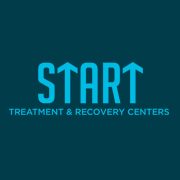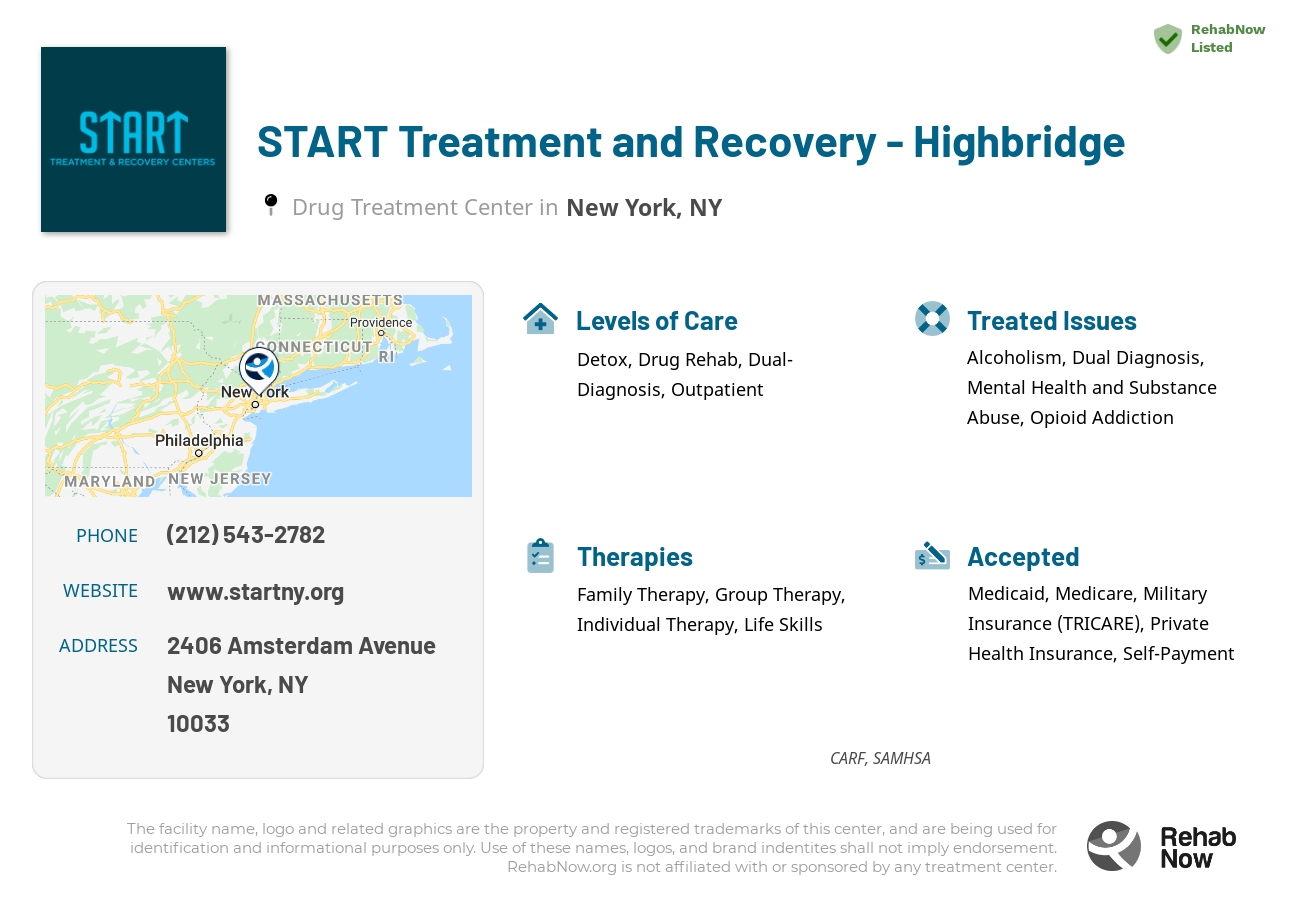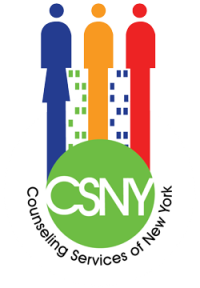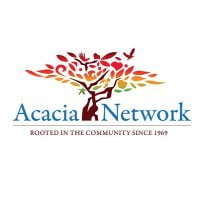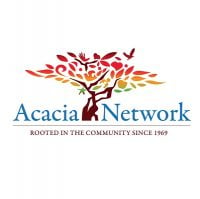START Treatment and Recovery - Highbridge
Drug Rehab Center in New York, New York
The Child Center of NY - Highbridge in New York, NY is an accredited treatment facility specializing in alcoholism, opioid addiction, dual diagnosis, drug addiction, substance abuse, and mental health issues, offering services such as detox, drug rehab, dual-diagnosis treatment, outpatient programs, partial-hospitalization, and aftercare support.
About START Treatment and Recovery - Highbridge in New York
The Child Center of NY - Highbridge is an accredited treatment facility located in New York, NY. They hold certifications from CARF (Commission on Accreditation of Rehabilitation Facilities) and SAMHSA (Substance Abuse and Mental Health Services Administration). This facility specializes in providing treatment for individuals suffering from alcoholism, opioid addiction, dual diagnosis, drug addiction, substance abuse, and mental health issues. They offer a range of services including detox, drug rehab, dual-diagnosis treatment, outpatient programs, partial-hospitalization, and aftercare support. The Child Center of NY - Highbridge is affiliated with START Treatment and Recovery and accepts private health insurance.
At The Child Center of NY - Highbridge, individuals struggling with addiction and substance abuse can find a variety of services tailored to their needs. They offer detoxification programs to help individuals safely withdraw from substances. In addition, they provide comprehensive drug rehabilitation programs to address the underlying causes of addiction and promote long-term recovery. The facility also offers dual-diagnosis treatment for those with co-occurring mental health disorders. Their outpatient programs allow individuals to receive treatment while maintaining their daily routines, and partial-hospitalization programs provide more intensive support. To ensure a successful transition back into the community, The Child Center of NY - Highbridge offers aftercare support services. They strive to provide quality care and support for individuals seeking to overcome their addiction and improve their overall well-being.
Genders
Ages
Modality
Additional
Accreditations
SAMHSA

CARF
The Commission on Accreditation of Rehabilitation Facilities (CARF) is a non-profit organization that specifically accredits rehab organizations. Founded in 1966, CARF's, mission is to help service providers like rehab facilities maintain high standards of care.
Conditions and Issues Treated
Opioid addiction has become a significant health problem in the United States. In 2015, there were 91 opioid overdose-related deaths per day, with a substantial increase in mortality rate in 2014.
When opioid addiction has reached a point where a person’s life becomes unmanageable, treatment options are available to help them get sober. Treatment that includes medical care with medications and counseling can help a user transition into sobriety.
When someone in struggles with both addiction and mental or emotional illness, this is considered a dual diagnosis. Dual diagnosis treatment can include therapy for these issues to happen simultaneously, which will allow either of them to be treated effectively.
Sometimes people who have suffered from addiction disorder also suffer from co-occurring disorders such as depression, anxiety, bipolar disorder, etc., making them “dual diagnoses.” Dual diagnoses require specialized treatment programs where drug and alcohol addiction are addressed along with psychiatric illnesses. Some rehabilitation facilities provide patients suffering from cooccurrences a program with highly integrated services and a clean environment with few distractions to help them succeed.
Levels of Care Offered
This center offers a variety of custom treatment tailored to individual recovery. Currently available are Detox, Drug Rehab, Dual-Diagnosis, Outpatient, with additional therapies available as listed below.
One of the first things an addict should do when entering treatment is to abstain from using illicit drugs completely. Depending on the length of time that the person has been using, the addict may have to go through alcohol or drug withdrawal. Fortunately, detox doesn’t have to be done alone, and withdrawal symptoms can be managed medically in an inpatient or outpatient setting. While detox may be uncomfortable, it is not life-threatening. Detoxification allows the addict to rid the body of all traces of drugs or alcohol and gives the addict a clean slate for their recovery.
Outpatient treatment is often used for drug addicts in drug rehab. Outpatient treatment consists of counseling and therapy sessions. This form of treatment is also called ‘day-treatment’. The outpatient treatment process begins with the addict’s initial detox period, lasting about ten days.
Outpatient treatment is used for those who are at moderate risk for ‘slipping back’ into the addiction, for those who:
- Are not currently experiencing any side effects from withdrawal and can handle social pressure
- Can handle stressors that might trigger relapse
- Have a stable living environment or have moved out of their previous environment, which was not conducive to being sober
- Have a support system that allows them to go to a facility a few times a week while still keeping their current responsibilities
- Have no legal obligations, being either on parole or probation, that require them to seek treatment at a mandatory facility
- Are not currently experiencing any side effects from withdrawal and can handle social pressure
- Have a stable living environment or have moved out of their previous environment, which was not conducive to being sober
Therapies & Programs
Because no single treatment is effective for all addicts, the goal of treatment and therapy should be to figure out what works best for each individual. Tolerance and withdrawal levels differ from person to person, affecting the treatment intensity required. Addiction treatment should aim to help addicts develop healthy coping mechanisms for dealing with their addiction and its underlying causes.
Family therapy is beneficial for people who are in addiction treatment services because it offers addicts the opportunity to work with their family members to better understand what led them to make choices that contributed to their addiction.
This type of therapy helps family members reach a deeper understanding of how they can best support their loved one during recovery. It also helps the addict better understand their own motivations and triggers that led them to turn to substance abuse.
Family therapy can help addicts in the following ways:
- Assists family members in processing difficult feelings so they don’t blame or resent recovering addicts
- Assists family members in understanding how addiction has impacted the addict and everyone who is involved with them
- Allows the addict to take responsibility for their actions, while encouraging improved communication skills
- Helps family members understand how to best support an individual in recovery so addicts don’t relapse again.
Group therapy can help build a stronger support system and give addicts in New York, NY insight into their addiction that they gain through shared conversations. Group therapy occurs in a controlled group environment, exclusive of one on one meetings. This makes it safer for patients to feel comfortable sharing the struggles they’re going through and gaining perspective.
Life Skills Services assist addicts in their recovery by teaching them healthy coping mechanisms that will aid them in becoming sober, focussing on helping people enter into, and maintaining long-term sobriety. Drug Treatment Centers provide Life Skills Services at varying levels of intensity, specific to the needs and requirements of each patient.
The benefits of Life Skills Services offered at START Treatment and Recovery - Highbridge:
- Restores hope and empowerment — Helps addicts believe that recovery is possible and instills a new confidence in their ability to achieve a positive, drug-free future
- Enhances family involvement — Encourages families to get involved in the recovery process and supports their understanding and encouragement of healthy behavior.
- Increases patient’s compliance — Helps patients take responsibility for and ownership of their recovery and encourages continued progress
- Reduces relapse rates — Encourages long-term abstinence and emphasizes the importance of establishing sober support systems.
Payment Options Accepted
For specific insurance or payment methods please contact us.
Is your insurance accepted?
Ask an expert, call (888) 674-0062
START Treatment and Recovery Associated Centers
Discover treatment facilities under the same provider.
- START Treatment & Recovery Centers - Kaleidoscope in New York, NY
- START Treatment and Recovery Centers - Fort Greene in Brooklyn, NY
- START Treatment and Recovery Centers - Bushwick in Brooklyn, NY
- START Treatment and Recovery Centers - Clinic 21/Starting Point OTP in New York, NY
- START Treatment and Recovery Centers - East New York in Brooklyn, NY
Learn More About START Treatment and Recovery Centers
Additional Details
Specifics, location, and helpful extra information.
New York, New York 10033 Phone Number(212) 543-2782 Meta DetailsUpdated November 25, 2023
Staff Verified
START Treatment and Recovery - Highbridge Patient Reviews
There are no reviews yet. Be the first one to write one.
New York, New York Addiction Information
More than 2 million New Yorkers are currently suffering from some type of substance abuse and many of those are minors. Alcohol abuse, in particular, is prevalent among those underage. As a result of the high prices and regulation of prescription drugs, many New Yorkers turn to heroin instead. This has led to a serious heroin epidemic in the state.
According to recent statistics, over 280,000 people in the state struggle with drug addiction. This accounts for approximately 8% of the population. In 2011, there were 1,532 deaths related to cocaine overdose in New York City. Currently, in New York City, there are over 3,000 people addicted to heroin and 1,700 addicted to cocaine. Most treatment plans offered in the area will involve some combination of detoxification, counseling, and medication.
Treatment in Nearby Cities
- Saranac Lake, NY (241.1 mi.)
- Massena, NY (286.4 mi.)
- Corona, NY (7.9 mi.)
- Long Beach, NY (22.9 mi.)
- Chappaqua, NY (23.3 mi.)
Centers near START Treatment and Recovery - Highbridge
The facility name, logo and brand are the property and registered trademarks of START Treatment and Recovery - Highbridge, and are being used for identification and informational purposes only. Use of these names, logos and brands shall not imply endorsement. RehabNow.org is not affiliated with or sponsored by START Treatment and Recovery - Highbridge.
